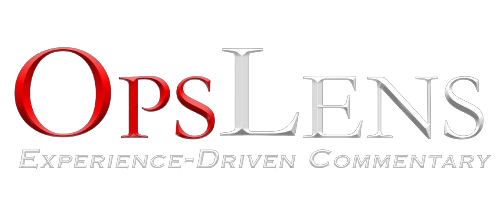Episcopal Bishop Mariann Budde’s recent comments about immigration have stirred quite a debate. At the National Prayer Service, Budde took the opportunity to lecture President Trump and Vice President Vance. Her words were praised by many on the left, who considered her stance principled and bold.
However, Budde’s motivations might not be as altruistic as they seem. Her church’s Episcopal Migration Ministry (EMM) reportedly received millions from taxpayer-funded programs. In 2023, EMM earned a significant $53 million to resettle migrants, raising questions about potential conflicts of interest.
Budde’s appeal to Trump to show compassion to migrants seems heartfelt. She highlighted the contributions of those who work in fields and factories across the nation. Yet, her sermon conveniently omitted the mention of the substantial funding her church receives for these efforts.
The Post recently reported that EMM sponsored 6,400 individuals in 2024, primarily from Afghanistan. While many Afghans fled due to threats from the Taliban, concerns arise about other potential threats. Afghanistan remains a hotspot for groups like al-Qaeda and ISIS, raising questions about the vetting process for these migrants.
The Episcopal Church is not alone in this endeavor. The United States Conference of Catholic Bishops (USCCB) is also heavily involved in immigration matters. In 2021, USCCB’s affiliate, Catholic Charities USA, received a staggering $1.4 billion from government sources.
This significant funding highlights a potential financial incentive behind the USCCB’s actions. Despite this, the organization claims to spend even more than they receive on refugee services. This spending suggests their motivations might not solely be profit-driven.
Vice President Vance, a Roman Catholic himself, voiced skepticism about the USCCB’s intentions. He questioned whether their immigration stance is more about finances than humanitarian concerns. Vance emphasized the administration’s commitment to enforcing immigration law and prioritizing American safety.
For too long, organizations involved in immigration have enjoyed financial benefits. Their purported humanitarian motives often overshadow concerns for American citizens. Thankfully, this narrative is now being challenged, bringing new perspectives to light.
The elites, often detached from the struggles of everyday Americans, seem indifferent to their plight. But as the grip of elites on various aspects of society begins to loosen, alternatives are emerging. Media outlets like PJ Media are stepping up to fill this void.
By offering a fresh take on current events, they aim to prioritize the well-being of the American people. As these shifts occur, opportunities arise for citizens to engage with media that aligns with their values. This engagement can lead to a more informed and empowered populace.
As the cultural and political landscape evolves, staying informed becomes crucial. Organizations that align with traditional American values offer insights often overlooked by mainstream outlets. By supporting such initiatives, individuals contribute to a broader, more balanced discourse.
The changing dynamics present a chance for Americans to reassess their sources of information. By choosing media that reflects their beliefs, citizens can ensure their voices are heard. This shift represents a move towards a more representative and responsive media environment.
In this era of transformation, the importance of diverse perspectives cannot be overstated. As the conversation around immigration continues, multiple viewpoints enrich the dialogue. This diversity of thought is essential for a healthy democratic process.
Engaging with media that aligns with one’s values provides a sense of community. It fosters an environment where individuals feel understood and represented. This connection can lead to meaningful discussions and a deeper understanding of national issues.
The evolving media landscape offers a unique opportunity for growth and change. By embracing this shift, Americans can pave the way for a more inclusive and dynamic discourse. This evolution reflects the nation’s enduring commitment to freedom and democracy.
